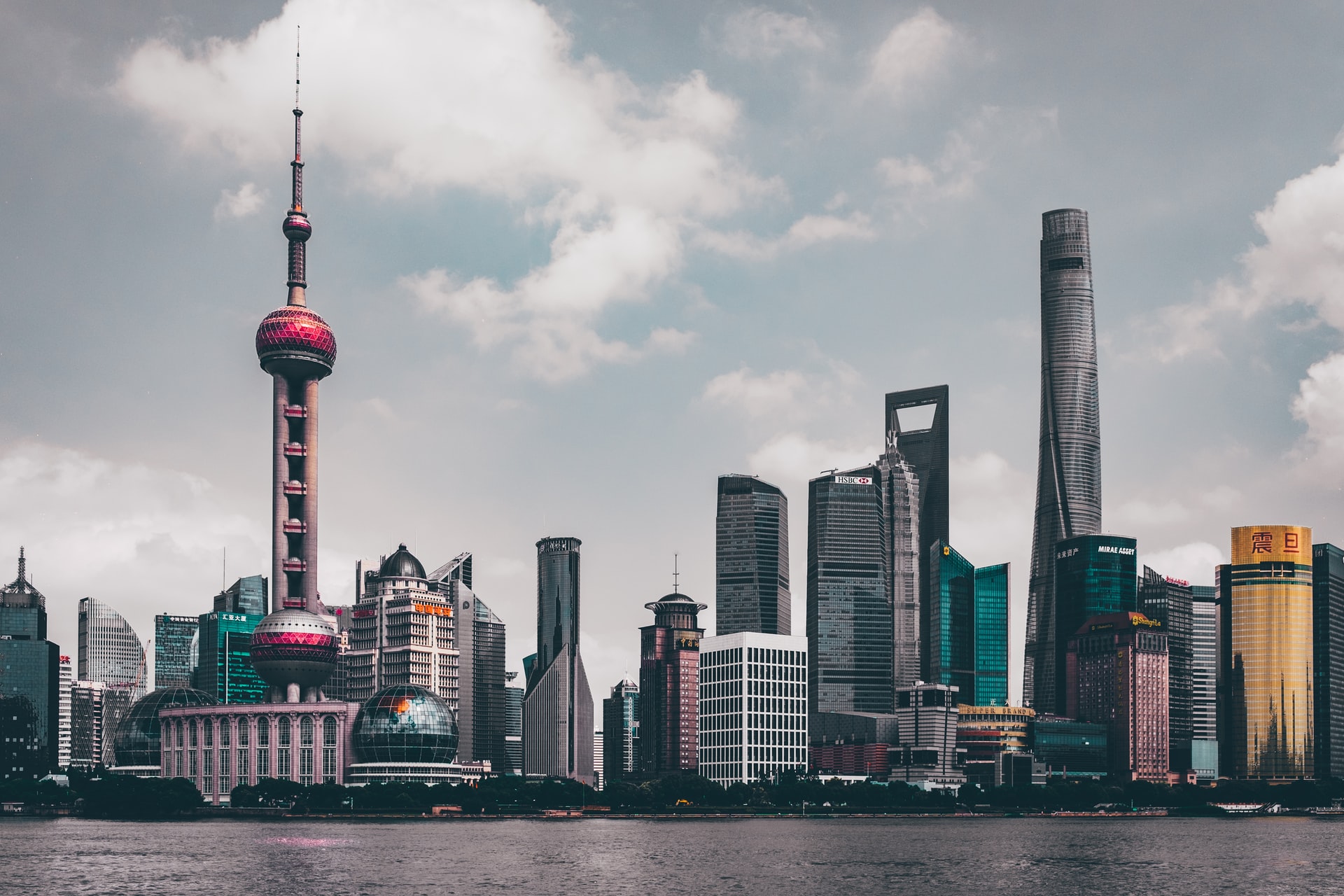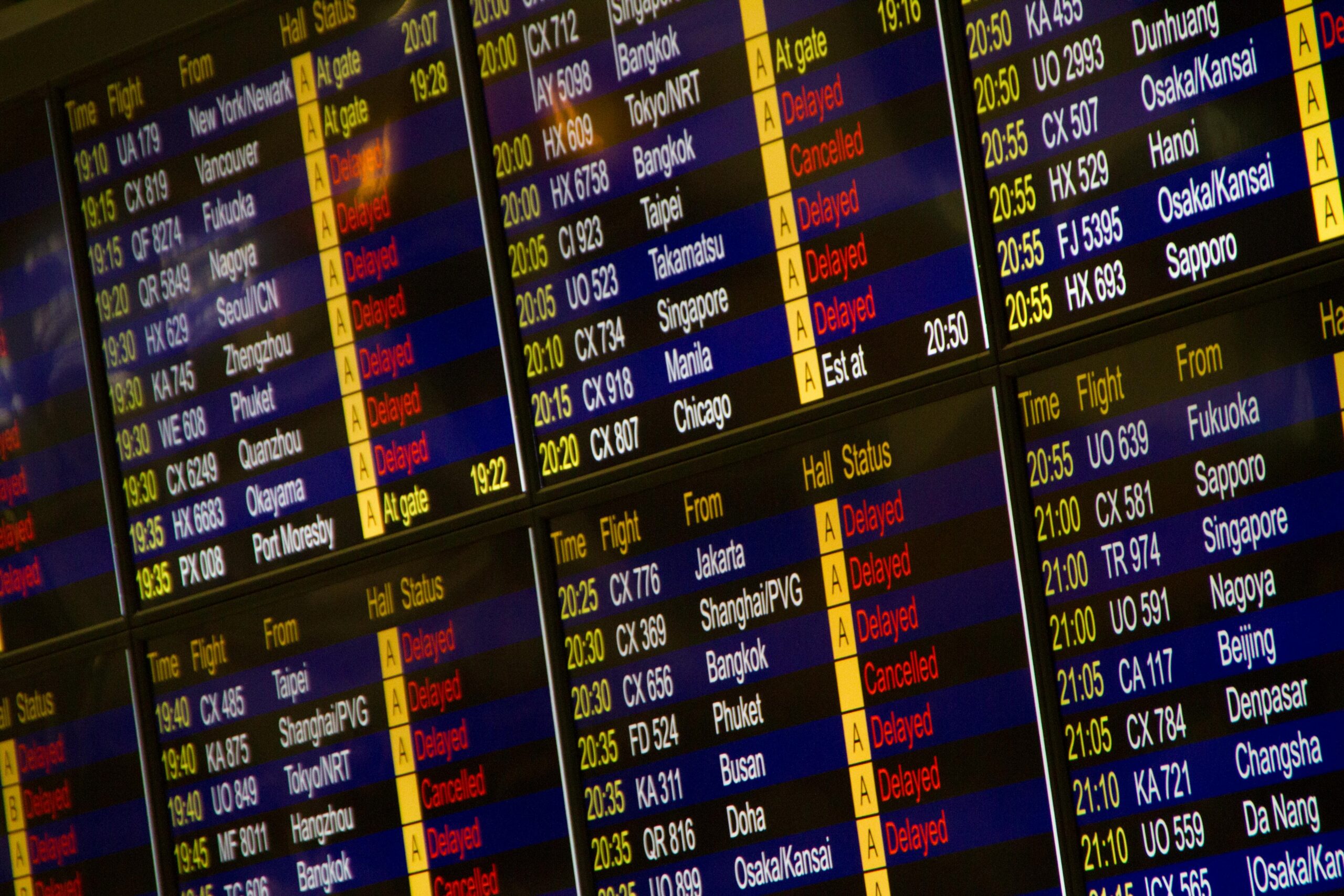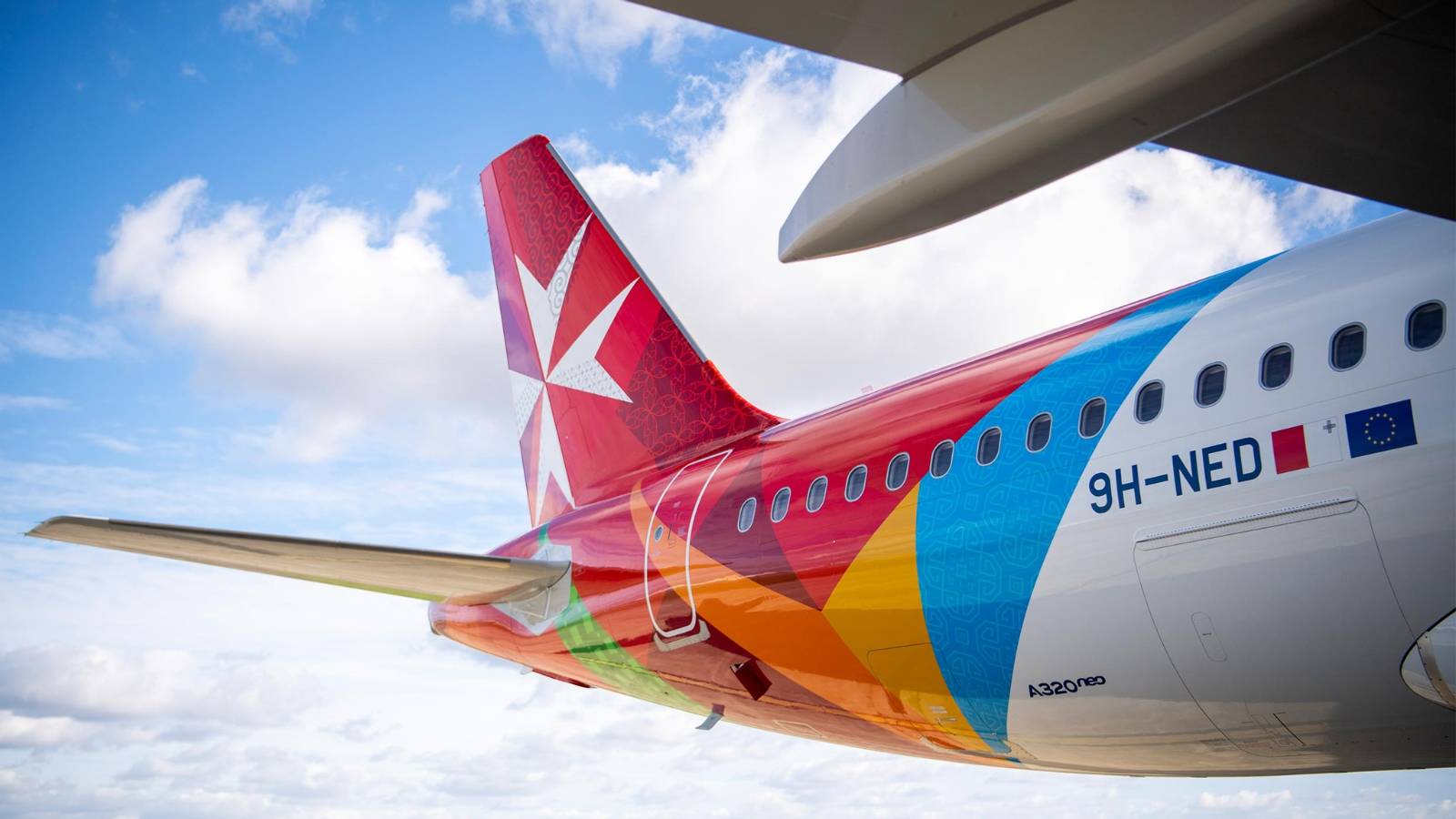China may need to get used to a rate of economic growth far lower than that it has enjoyed for the last two decades, as problems left untreated for years come back to bite.
On Thursday, property giant Evergrande, one of China’s largest real estate developers involved in over 1,300 projects in more than 280 cities, applied for bankruptcy protection in the United States, allowing safeguard its assets in the country while giving it time to strike deals with creditors.
It had already defaulted in 2021, and last month revealed that it had lost a combined $80 billion over the last two years.
It is not alone – another major developer, Country Garden, recently announced that it lost around $7.6 billion in the first half of 2023.
Unlike Vegas, what happens in real estate rarely stays in the sector, with a stressed property market carrying potentially huge implications for the world’s second largest economy, including its banking sector.
These problems are compounded by a slowdown in both imports and exports, which in July were down 12.4 per cent and 14.5 per cent year-on-year, respectively – despite the final removal of all COVID-19 restrictions and the resolution of a shipping crisis in the interim.
China’s ruling party set growth projections of five per cent for 2023 – notably lower than the average of nine per cent growth it has enjoyed for the better part of two decades. Even so, many analysts doubt whether the country can achieve even these tamped down expectations.
In stark contrast to the actions taken in most developed economies, China’s central bank has lowered interest rates twice in the last three month, in a bid to boost the economy.
The country’s current issues can be attributed to a number of factors, ranging from simple mismanagement in its property sector to more structural forces like a declining birth rate.
Economies that base their growth on manufacturing also tend to struggle with keeping up long-term momentum, and in China’s case this has been exacerbated by worsening trade relations with the US and the EU, which have resulted in targeted sanctions from all sides.
Meanwhile, China’s foreign economic policy, especially its Belt and Road Initiative, which provides finance for infrastructure projects in other countries, is losing its shine. Italy, the sole major developed economy that was set to participate in the initiative, pulled out a few weeks ago, describing it as “atrocious”.
With the pressure piling on and a population now used to years of relative largesse, China’s leaders have a lot to think about.
European airlines push to cut compensation for delays under 5 hours
The regulation currently covers up to 3 hours of delay
KM Airlines abandons Catania schedule for winters
Flights will operate during peak summer months
Women driving innovation: 9 finalists could win big in the 2025 European Prize for Women Innovators
First launched in 2011, the European Prize for Women Innovators celebrates the women behind groundbreaking innovations






